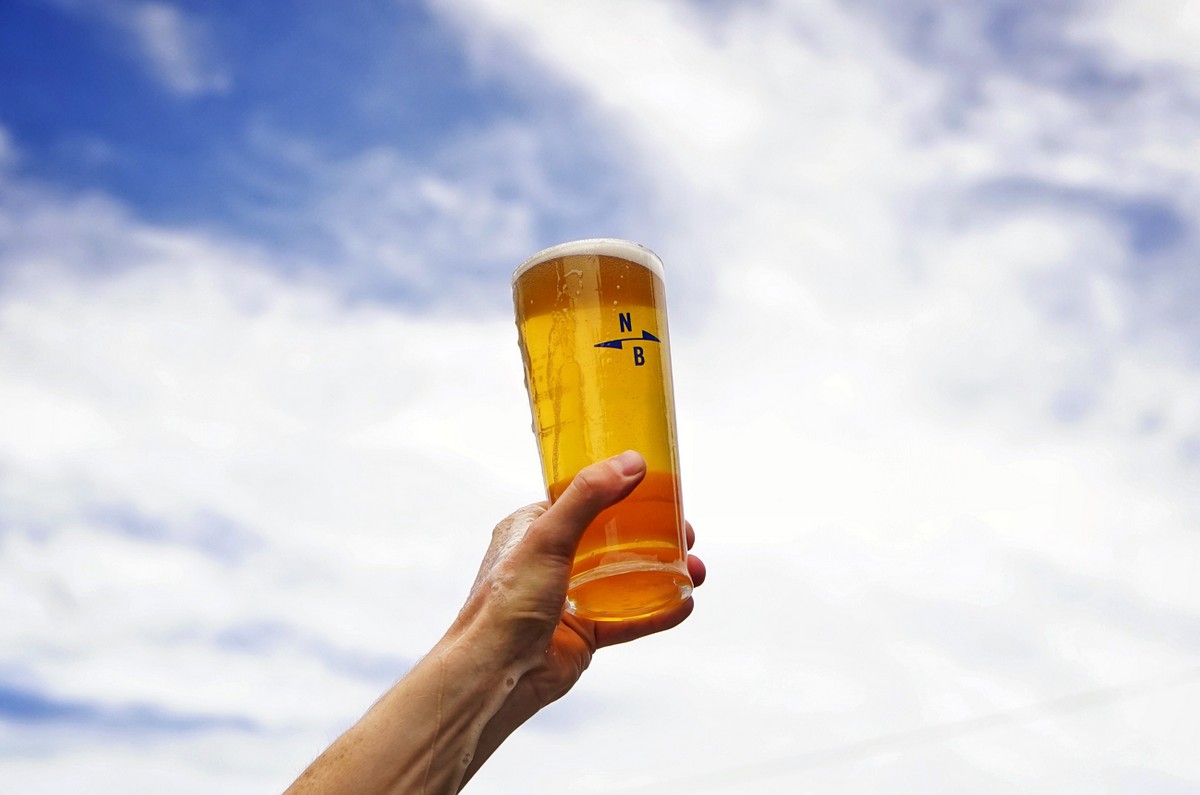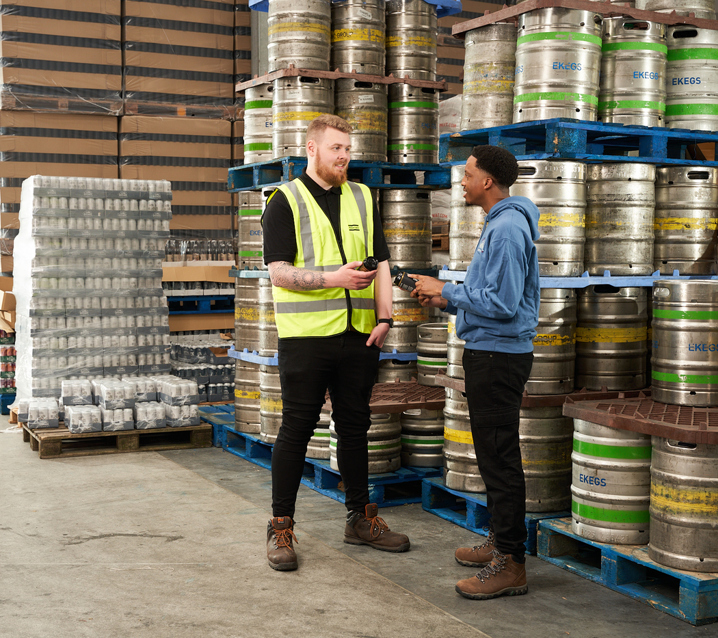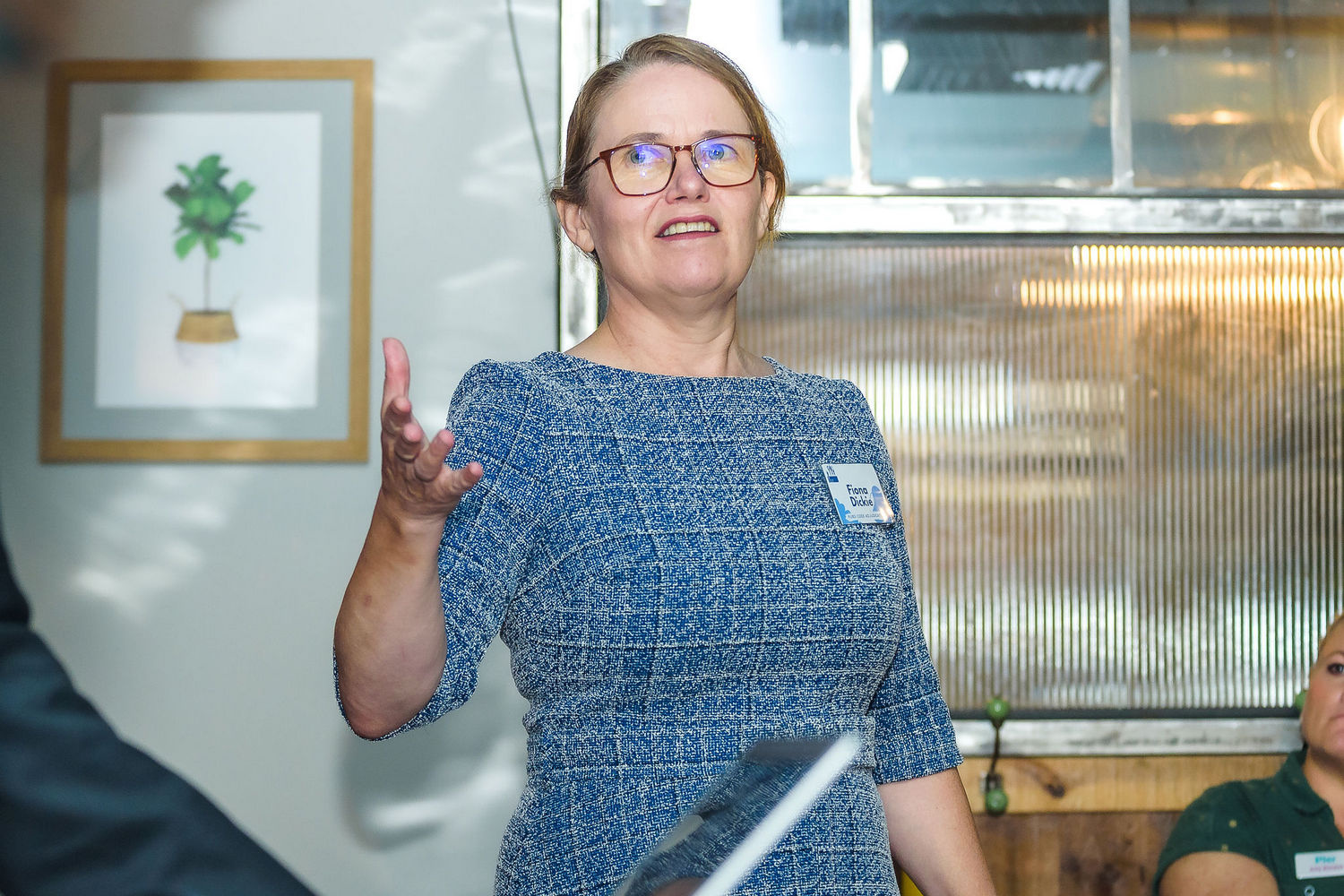Allsopp’s, one of the most famous names in British brewing, along with its leading beers Pale Ale and IPA are being recreated by a descendant of the founders.
Jamie Allsopp is the seven times great grandson of Samuel Allsopp, a leading brewer in Burton-on-Trent in the 19th century. Allsopp harnessed the mineral-rich waters of the Trent Valley to develop new pale ales that revolutionised brewing both in Britain and on a world scale.
Jamie had a stroke of good luck when veteran brewer Steve Holt, who runs the Kirkstall Brewery in Leeds, bought a ledger in an auction that contained Allsopp’s recipes from the 19th century.
This was manna from heaven for Jamie. He worked as a hedge fund manager in the City of London and he used the money he made there to restore the family traditions.
He took the brewing ledger, which dates from 1934, to Jim Applebee, an experienced brewer in Burton, and interpretations of Allsopp’s IPA (5 per cent) and Pale Ale (4 per cent) were produced in Leeds. He has now added Best Bitter (3.8 per cent) and a seasonal Arctic Ale (11 per cent) and he has created great interest by bringing back Double Diamond (3.8 per cent), a leading keg beer from the 1960s and 70s.
The beers are available at Jamie Allsopp’s new pub, the Blue Stoops, in London’s Notting Hill (127 Kensington Church Street, W8.) The pub takes its name from the brewery’s first tavern in Burton.
The beers are brewed by Steve Holt at Kirkstall that has recently moved to the site of the former Tetley Brewery in Leeds.
“But we’re going back to Burton,” Jamie says emphatically. “The local council is rejuvenating the town centre and I’ve told them I am keen to install a brewery there.”
Brewing the beers in Burton will restore the heritage of the Allsopps, though the brewery started in 1742 with the name of Benjamin Wilson. His son, also Benjamin, turned it into the biggest and most influential brewery in the town.
Wilson Jnr had no children. He employed his nephew Samuel Allsopp and sold the business to him in 1807.
Allsopp was encouraged by the East India Company to send beer to India for the British stationed there. But the EIC stressed it should be a paler and more refreshing one than the dark milds, porters and stouts being shipped there.
Allsopp was given bottles of pale beer brewed by Hodgson’s Brewery in East London and exported to India. Hodgson had angered the East India Company by not paying his bills and Allsopp was encouraged to work with the EIC to replace the London brewer.
Allsopp took samples of Hodgson’s beer back to Burton where he presented them to his head brewer, Job Goodhead. He said he could produce a similar beer to Hodgson’s and, according to a local legend, he made a trial brew in a tea pot.
The Trent water, rich in gypsum and magnesium, enhanced both the malt and hop character of Allsopp’s beer and soon his pale ale was outselling Hodgson’s in India.
The success of Allsopp in India encouraged other Burton brewers to fashion pale ale for export. They also turned their attention to the domestic market with lower strength pale ales.
In 1934 Allsopp’s merged with its next-door neighbour and became Ind Coope & Allsopp. In the 1960s the company joined with Ansells of Birmingham and Tetley of Leeds to form Allied Breweries. This brewing and pub-owning giant went through several ownerships and eventually in 1991 it became part of a joint venture called Carlsberg-Tetley. Brewing ceased in Burton.
Now Jamie Allsopp is restoring the key beers brewed in Burton. He uses a blend of Chevallier and Maris Otter pale malts along with crystal and Munich malts for colour, with Bramling Cross, Challenger, Fuggles and Goldings hops for Pale Ale and IPA.
Allsopp was one of the first British brewers to produce lager and Jamie also produces Pilsner (4.6 per cent), using Pilsner malt and a lager yeast culture.
Crucially, Jamie was able to get the original Allsopp’s yeasts from the National Collection of Yeast Cultures in Norwich.
A seasonal beer, Arctic Ale, was brewed by Allsopp’s for British sailors attempting to find the North-west Passage between the Pacific and Atlantic oceans. The strength of 11 per cent was designed not only to warm the sailors but also to ward off scurvy during a long voyage with poor food.
You face no such risks at the Blue Stoops in London. As well as the pub, there’s a restaurant serving top-quality dishes.
DD hops back
Double Diamond was first brewed by Allsopp’s in 1876 and was labelled India Pale Ale. A bottled version was launched in 1946 followed by a keg beer in the 1960s with a catchy jingle “A Double Diamond Works Wonders”.
Sales declined dramatically when CAMRA started the revival of cask beer in the 1970s. The Campaign produced a badge with the slogan “DD is K9P”.
The beer produced by Jamie Allsopp is brewed with pale malt and two American hops, Citra and Mosaic. It’s available on draught and also in cans. The new version is extremely pale and has a refreshing fruity hop and juicy malt character: it’s far removed from canine effluvium.
Jamie says the media interest in the beer means a number of supermarkets may soon sell the canned version.
First published in What’s Brewing, February 2025 and updated.






